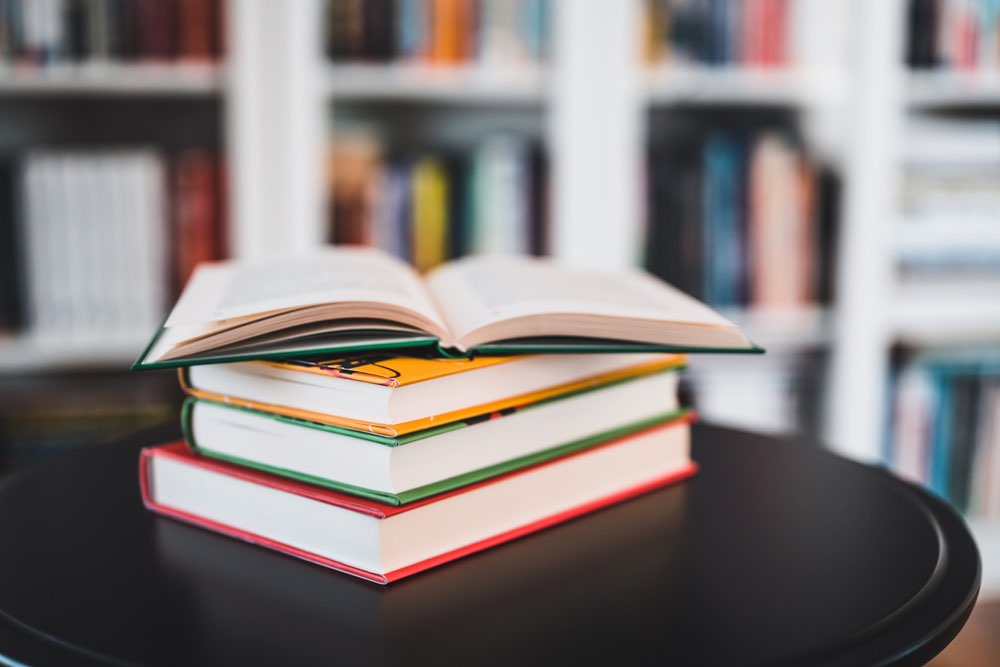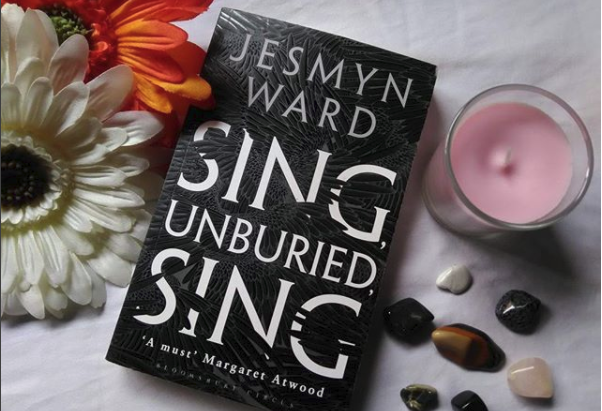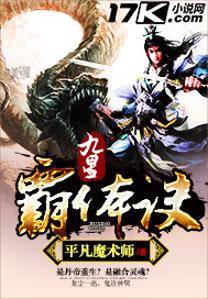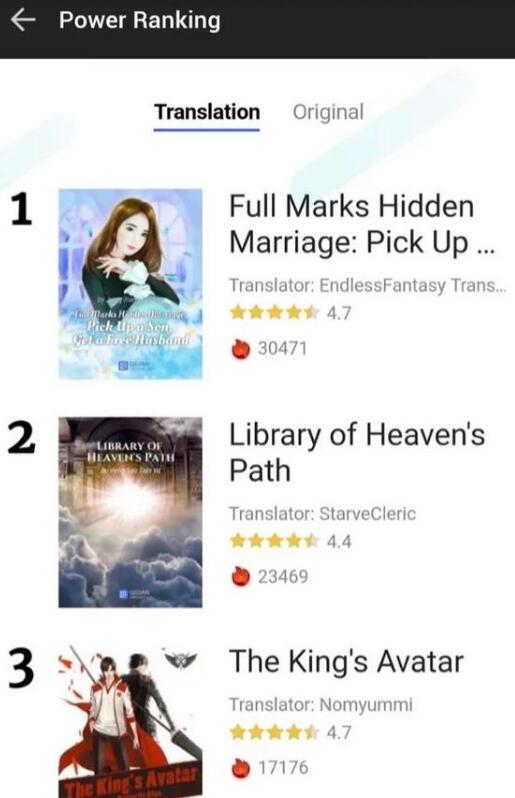A Comprehensive Guide to Books and Literary Genres
Explore the expansive universe of books and literature with this comprehensive guide. Learn about the differences between books and literature, various genres like fiction and non-fiction, and delve into subgenres such as drama, fantasy, and poetry. This article provides a clear overview for readers aiming to broaden their literary horizons and discover new titles to enjoy. Whether you prefer storytelling, factual writing, or poetic expression, this guide offers valuable insights into the diverse world of literature.
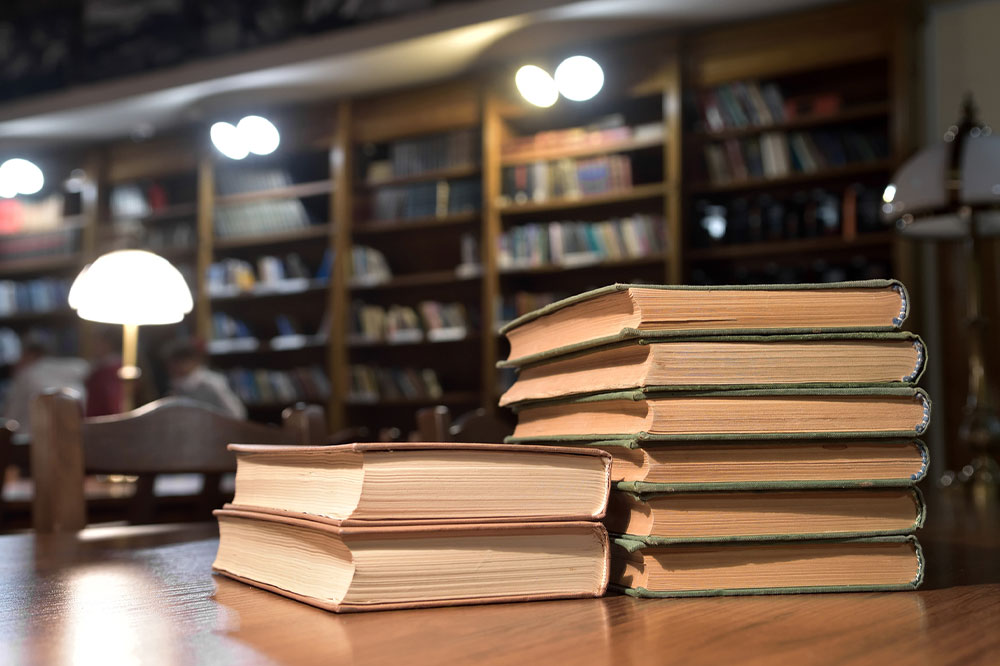
Discovering the Realm of Books and Literature
Reading broadens vocabulary, stimulates creativity, and offers enjoyable leisure time. However, many tend to stick to familiar titles or remain unaware of the vast literary universe out there. This guide aims to deepen your understanding of books and literary works, exploring their differences and classifications.
Books vs. Literature: Clarifying the Concepts
Literature often refers to written masterpieces like novels and poetry, but it covers all written forms, including articles and printed materials. Books are tangible, bound printed works that fall under the broader umbrella of literature. While all books are a form of literature, not every piece of literature qualifies as a book.
Classes of Literature: Fiction and Non-fiction
In search of new titles? Here are some popular options across genres:
Fictional Works
Fiction involves imaginative storytelling that may be inspired by reality but features invented characters and plots. Subgenres include:
Drama
Plays or stories written primarily for theatrical performance, emphasizing dialogue, emotions, and conflicts through dialogue, music, or movement.
Adventure & Fantasy
Books in these categories transport readers to entirely new worlds, encouraging limitless imagination and suspension of reality.
Comedy
Lighthearted and humorous works designed to entertain, amuse, and evoke laughter.
Tragedy
Stories that teach lessons through the emotional journeys of protagonists, often highlighting human struggles and moral dilemmas.
Non-fictional Works
Fact-based writings presented in conversational styles. This category includes:
Autobiographies and Biographies
Autobiographies share personal life stories, while biographies are written by others about someone's life.
Memoirs
Focus on specific experiences or lessons learned, often themed around particular messages.
Journalism & Academic Literature
Includes newspapers, reports, scholarly papers, textbooks, and research articles across disciplines such as science, math, and philosophy.
Beyond these, literature also encompasses poetry, a creative form expressing feelings through rhythmic and often rhymed language. Subgenres include sonnets, haikus, limericks, and lyrics. Poetry can follow strict rules or be free verse, with no obligation for rhyme or syllable count. Main types include lyric poetry, emphasizing emotion, and narrative poetry, telling stories through verse.
Disclaimer: Our blog provides diverse insights and practical information across many categories. While our research aims to offer accurate data, it should not be considered definitive. Readers are advised to seek additional sources for comprehensive information. The website is not responsible for data discrepancies or inaccuracies present elsewhere and may not showcase all relevant schemes or offers that could benefit readers.

